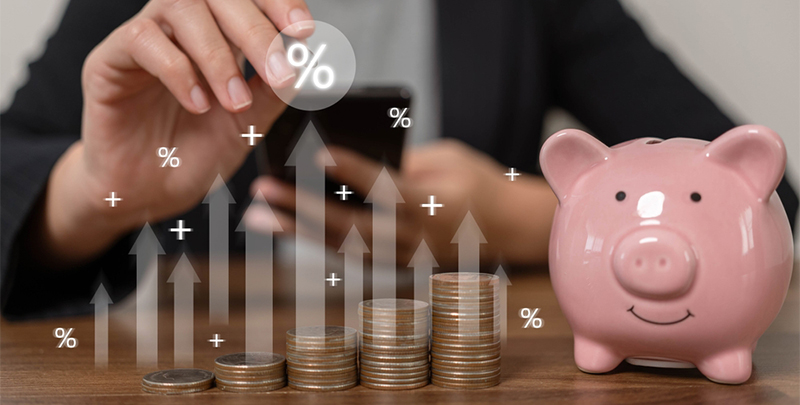Will house prices fall, and what has to happen for a worst case 30pc market crash?
The property market is in unprecedented territory. Newly agreed sales have fallen by 90pc since lockdown, according to the property portal Zoopla. This is a product of the housing market freeze, as sales effectively cannot happen.
As the number of properties sold recently has plunged to such a low level, it is no longer possible to measure house prices, according to the Office for National Statistics (ONS). As a result, it has suspended its house price index.
This means that April’s data, which are published in June and reflect agreed sales before the housing market freeze, will be the last until there are enough transactions.
Property portal Rightmove has suspended its index of asking prices, while Halifax and Nationwide may struggle to continue theirs as they are based on mortgage offers, which have collapsed during lockdown.
This means we will not know the full scale of the fallout of the pandemic on house prices until sales return to a more normal level.
What will happen to house prices?
Predictions for house price falls vary widely. At the lower end of the scale is estate agency Knight Frank’s expectation of a 3pc fall over the remainder of 2020, and Capital Economics’ prediction of a 4pc drop in values.
Savills has said there will be short-term falls of 5pc to 10pc, while the Centre for Economics and Business Research has calculated a 13pc fall.
At the top end is Lloyds Banking Group’s worst case scenario forecast of 30.2pc falls over the next three years, while Deutsche Bank expects falls of as much as 23pc.
The wide range of forecasts underlines how much uncertainty there is about when and how lockdown will be lifted, and how the economy will react.
What will happen when the housing market reopens?
A blueprint for how the housing market can function within social distancing guidelines is being drawn up. Plans include limits on the number of house viewings and PPE requirements, with sellers banished to the garden.
A total of 373,000 transactions are on hold because of lockdown, according to Zoopla. While the market will get moving again, it doesn’t mean there will be a post-lockdown surge in sales.
Jennet Siebrits, of CBRE, a property firm, said that even by the end of the year, sales volumes between October and December will still likely be 40pc down on normal levels. The wider economic downturn means that the housing market will not return to full strength until 2022, she added.
It is the economic backdrop and consumer confidence that will matter most, said Ms Siebrits. “Consumer confidence is the lowest it has been in a decade.”
How has the situation changed?
At the beginning of lockdown, prospects for the property market looked good. The market and banks were in a much healthier state than before the previous house price crashes. The Government also took much swifter, stronger measures to protect earnings and home ownership.
But things have changed: Britain has since recorded the highest coronavirus death rate in Europe, and the ‘V-shape’ model of economic recovery that was originally favoured by analysts is starting to look increasingly unlikely.
Major employers including Rolls Royce and British Airways have announced thousands of job cuts as they acknowledge their industries will be changed for the long term. There is a big question mark over what will happen to the 6m furloughed employees when the Government’s job retention scheme ends.







